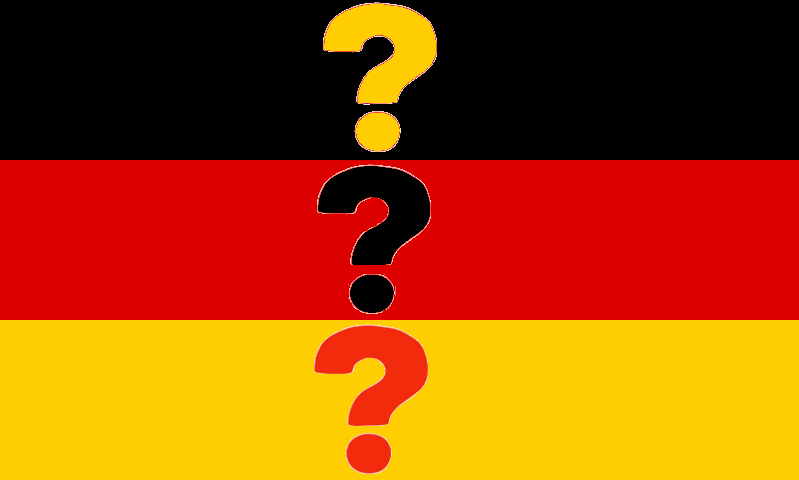Brussels – The Eurozone now has a problem called Germany. There are growing concerns at the ECB about the eurozone's largest economy and what it means for Euroland's performance. Concerns arose at the last board meeting when the central bank opted to cut interest rates., The minutes of the September 12th meeting show.
In a broader sense, Eurotower believes the situation is overall positive. This means that inflation is falling and the labor market remains strong in terms of employment rates, barring the uncertainties related to geopolitical tensions.Recession unlikely” However, there is a “but”. At its meeting, the ECB Executive Board acknowledged that:In particular, the slowdown in the growth of the euro zone's largest economy was holding back growth in the euro zone.“
Although Germany's name is not explicitly mentioned, “the eurozone's largest economy” automatically refers to the Federal Republic. The brakes are applied to the European economic engine. Domino effect on Italy and all other economies This will largely depend on German performance, especially in terms of components. Not to mention exports, if orders cease, industrial demand will inevitably suffer.
The ECB's less optimistic observations highlight that Germany's secondary industry is “in recession”.He is responsible for a highly interconnected industrial sector in the eurozone's largest economy, which has suffered a prolonged recession.” according to the minutes. Again, the focus is on Germany's difficulties, and the considerations for European Central Bank Board members include:Some of the weakness was likely cyclical, and the economy faced significant structural challenges.”
English version by Withub translation service

